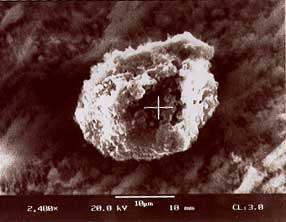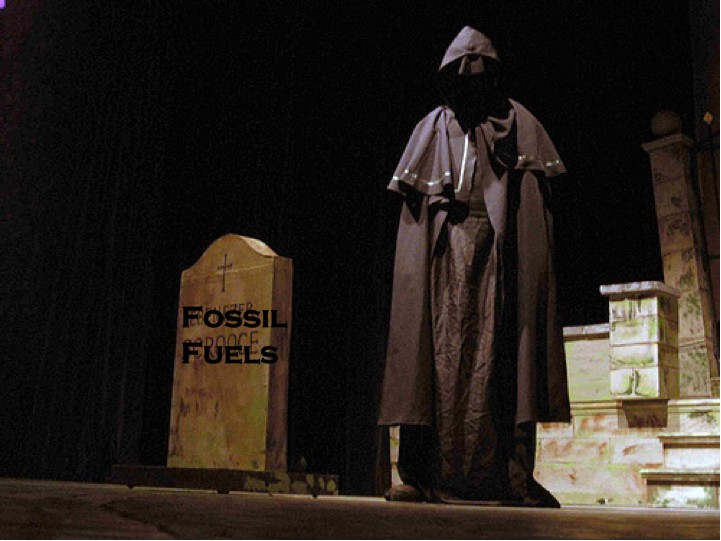Fine particles in the air (particularly those smaller than 2.5 micrometers in diameter) cause a multitude of health problems, ranging from difficulty  breathing and asthma to heart attacks and premature death in people with heart or lung disease. The question has been whether or not cleaning the air any further makes a difference. This type of air pollution has decreased substantially since 1980, but only smaller gains have been made since 2000.
breathing and asthma to heart attacks and premature death in people with heart or lung disease. The question has been whether or not cleaning the air any further makes a difference. This type of air pollution has decreased substantially since 1980, but only smaller gains have been made since 2000.
A new study by researchers at the Harvard School of Public Health shows that even the modest gains made in reducing particulate matter between 2000 and 2007 are adding years to people’s lives. Life expectancies were shown to increase .35 years in 545 US counties.
Not everyone is equally impacted, so some demographics are reaping larger benefits through cleaner air. The young, the old and those who exercise outdoors are most likely to be negatively impacted by fine particles in the air.
In Texas, our port communities endure especially high concentrations of particulate matter. Public Citizen is working to force the Port of Houston clean up. Replacing or retrofitting the old, highly polluting trucks that haul goods from the port to nearby warehouses would do a lot to improve the health of surrounding communities. The Texas Emissions Reduction Plan (TERP) provides funds for just this purpose. Those investments are saving lives, but are often underutilized by truck owners.
 Researchers have drawn direct and immediate links between ambient levels of fine particulates and hospital admissions and deaths. By some estimates, tens of thousands of Americans die each year from exposure to airborne particulates.
Researchers have drawn direct and immediate links between ambient levels of fine particulates and hospital admissions and deaths. By some estimates, tens of thousands of Americans die each year from exposure to airborne particulates.


